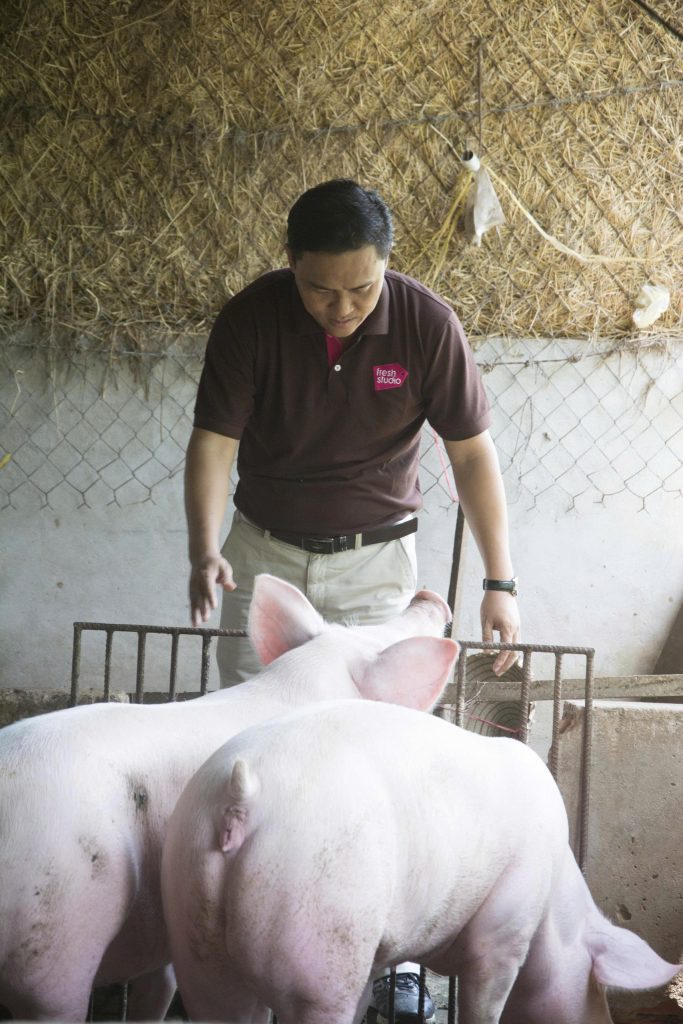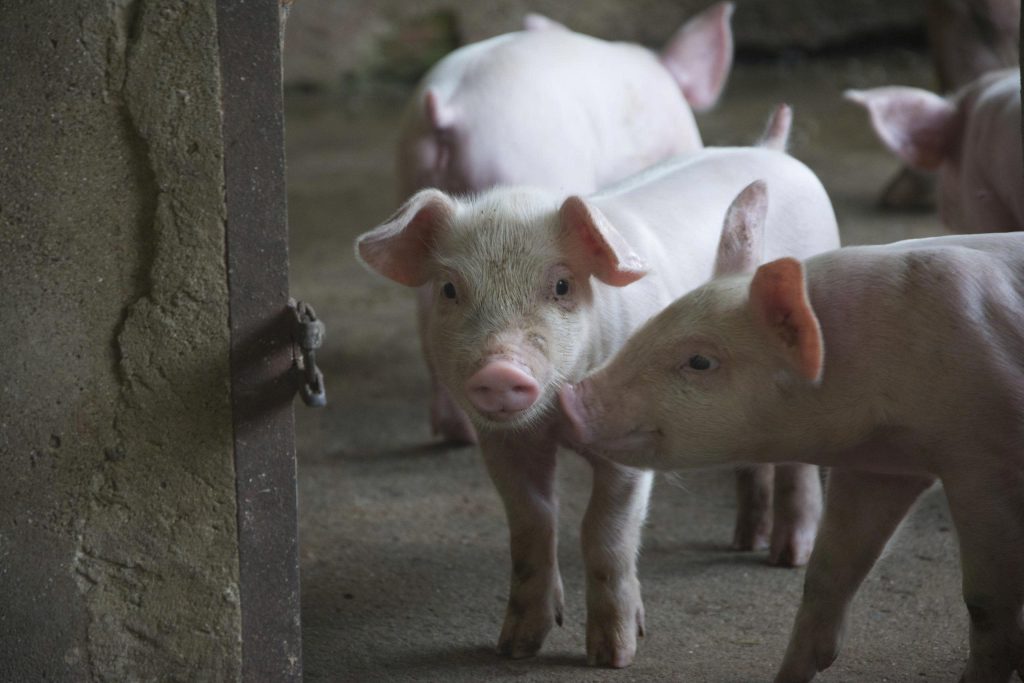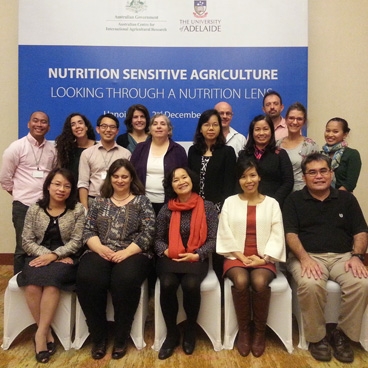Productivity and product quality of Vietnamese pork is low. Nevertheless, Vietnam is ranking in the top 10 of most pork consuming countries. In order to enhance the pork sector, Fresh Studio and its projects partner are creating the first safe and sustainable pork value chain in Vietnam.
Background
Pork is by far the most consumed meat in Vietnam- with an annual pork consumption of approximately 30 kg per capita/year. The domestic value of reaches at least US$ 8 billion per year. However, compared to international standards, the productivity and product quality of Vietnamese pork is low. Vietnamese pig farmers face a strong pressure to provide low pig price. This makes the business one of the highest risk sectors in agriculture production. On the other hand, there is also a big concern from the society about the safety of pork caused by pig diseases, chemical residues and unhygienic conditions at slaughterhouses and point of sale.

Approach
This project aims to focus on provision of certified safe pork and on transparency and controllability of the pork value chain- from piglets to fresh and processed meat in the retail. It takes into account the environmental issues as well as the welfare of workers and animal to meet the requirements of international and national certification standards (e.g GlobalGAP, VietGAHP) and customers’ expectations. Different activities and approaches will be implemented during the project period:
- Set up the demonstration farm as a model for farm management and training
- Develop a set of quality standards covering the whole value chain , from farm to fork
- Assess and select contracted farmers who have the capacity and interest to produce safe pork meat according to the developed standards
- Offer trainings and capacity building for all stakeholders along the chain
- Provide quality control and assurance for pig production and pork meat supply
- Development and launch of a marketing campaign aiming to give value to the certified safe pork
- Ensure that social responsibilities principles are implemented all along the chain
- Respect animal welfare at all stages

Expected outcome
The demonstration farm will be the first Global GAP certified pig farm of Vietnam. This farm will serve as a model for sustainable pig production. The establishment of a new sales channel for professional sustainable and safe pig farmers is expected to provide trust for consumers and gives farmers recognition and premium price. The creation of a safe and sustainable pork value chain will deliver Vietnamese consumers with domestic certified safe pork.




